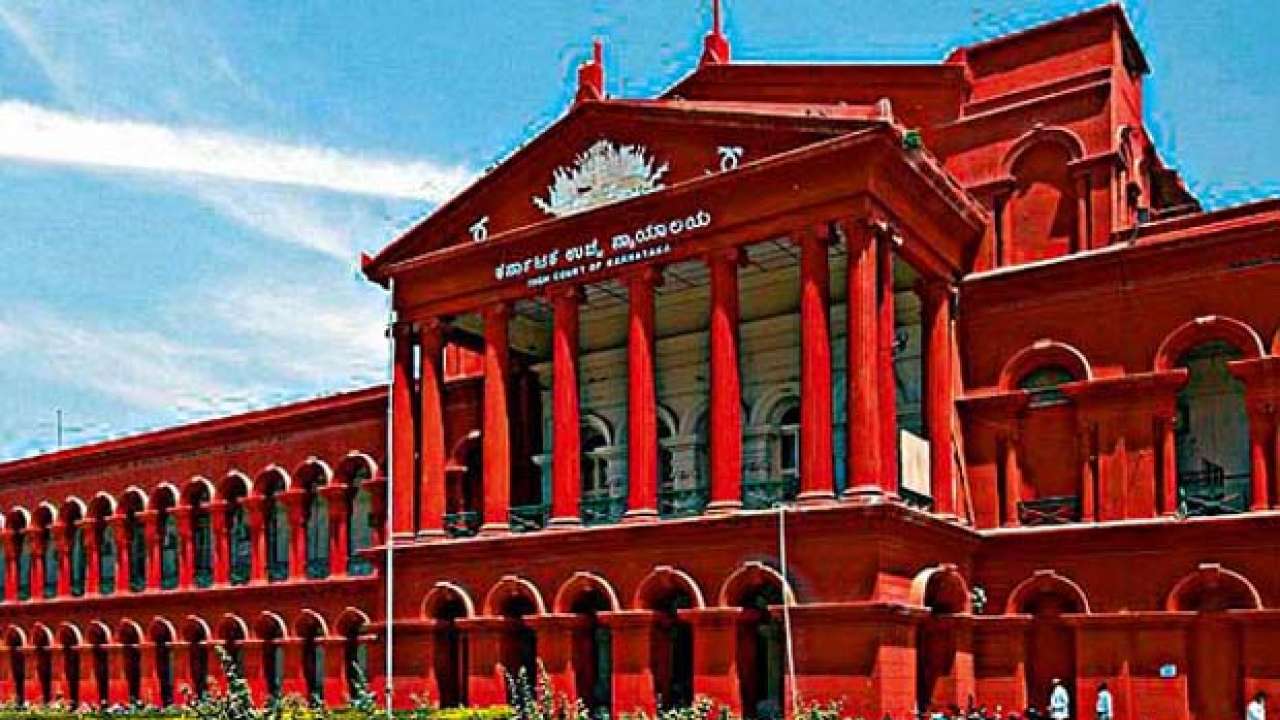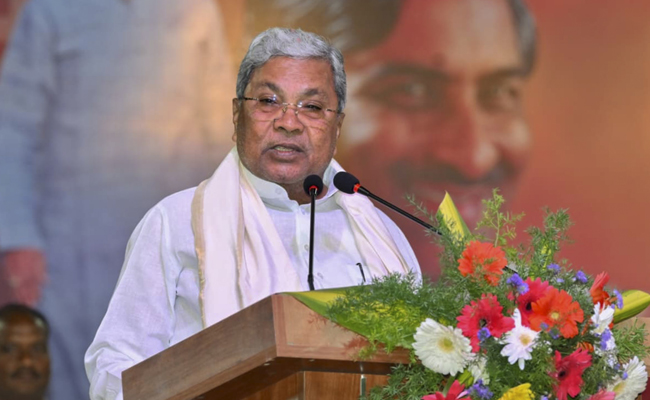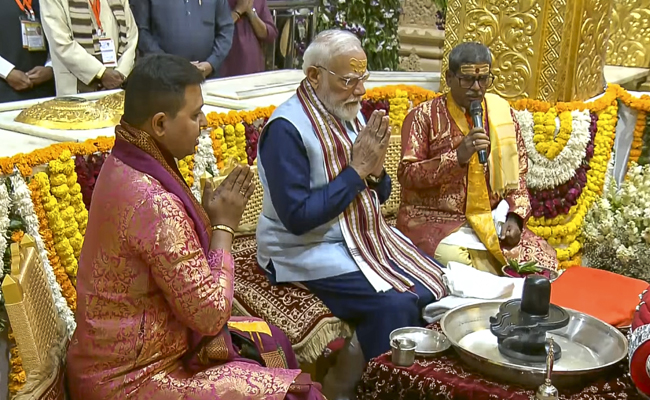Bengaluru, Mar 20: A US citizen who approached the High Court of Karnataka seeking a direction to the Union Government and Bureau of Immigration to issue her an exit permit has been ordered to pay the full fee of her MBBS course. Coming to India on a tourist visa as a child, she had completed her education throughout claiming to be an Indian citizen. It was only when she sought an exit permit from India that it came to light that she was an US citizen on an unauthorised stay in India.
''The petitioner has shamelessly resorted to falsehood and achieved her goals by unethical means as indicated hereinabove. Curious enough, the petitioner is not even wanting to pursue her career in this country, having secured benefits throughout her career contending that she is an Indian,'' Justice M Nagaprasanna said in his judgment recently. The Court allowed the issuance of an exit permit to her subject to her paying the course fee applicable to a NRI/Overseas citizen of India. It also directed the authorities not to subject her to legal proceedings for unauthorised stay considering the peculiar facts of the case.
The Court said, ''But she is a student, who would not be aware of the consequence of law or consequences of the aforesaid breach of falsehood. Therefore, this Court would direct the respondents – the Union of India and the Bureau of Immigration, to hold their coercive arm of law to be stretched upon the petitioner in the peculiar facts of this case, subject to the condition that the petitioner would pay all the fees, for all the five years of the MBBS course at the rate of the fee that would be charged to NRI/Overseas citizen of India treating the petitioner’s admission to be in that category and the fee to be paid to the State, taking a lenient view of the matter.'' The 24-year-old was born in Nashville, Tennessee, USA in 1997. She had a US passport and based on it came to India as a child in 2003 on a tourist visa.
Her visa expired in December 2003 but she continued to stay in India without renewing it. Her US passport too expired in 2004.
She completed her schooling and PU in India. She wrote the Common Entrance Test in 2015 and was allotted a medical seat in Mandya Institute of Medical Sciences under the quota reserved for candidates sponsored by the Government. She completed the course.
After becoming a major, she did not renounce her citizenship of USA but applied for a fresh passport, which was granted in 2021. She filed an application before the Bureau of Immigration for exit permit which was refused.
Her stay in India from December 2003 onwards was counted as illegal stay. She then approached the High Court against the Union Government and the Bureau of Immigration.
The Court rejected her contention that she was an Indian citizen as she had not renounced her citizenship of USA within six months of attaining full age.
The Court said that it was reprehensible that she projected herself to be an Indian and completed her studies and obtained a MBBS seat on a Government quota ''thus takes away the seat of a genuine Indian who would have secured the seat under the Government quota.''
Though the Court said that the authorities ''would be well within the four corners of law to initiate any proceedings against the petitioner,'' considering the peculiar facts of the case, it allowed the exit permit for her to go back to the US but after paying the MBBS fee.
''Therefore, the exit permit is directed to be issued subject to the aforesaid condition, all, again, owing to the peculiar facts of the case and the conduct of the petitioner misrepresenting herself to be an Indian, snatching away the career of an Indian. In the aforesaid circumstances, if the petitioner is left off the hook without any condition, it would be putting a premium on the misrepresentation that she has made throughout calling herself to be an 'Indian Citizen',” the High Court said.
Let the Truth be known. If you read VB and like VB, please be a VB Supporter and Help us deliver the Truth to one and all.
West Point (US) (AP): Authorities have charged a 24-year-old man with murder after six people, including a child, were killed in a series of shootings in northeast Mississippi.
Clay County Sheriff Eddie Scott said the victims, four family members related to the suspect and two other adults, were shot at three separate locations late Friday. The youngest victim was a cousin of the suspect.
“I don't know what kind of motive you could have to kill a 7-year-old,” Scott said at a press conference Saturday.
The suspect was identified as Daricka M Moore. He faces a first-degree murder charge that could be upgraded to capital murder, Scott said. Moore may face additional murder charges as the investigation proceeds.
The shootings took place in the rural community of Cedarbluff, west of the county seat of West Point.
"This guy (the suspect) wasn't our radar,” Scott said. “This is family members that he went after.”
Online court records in Clay County show Moore has no previous criminal charges.
“A situation like this, you've got a family member attacking their own family,” Scott said. “Whatever the reason is, we're hoping that we'll find out.”
Scott said investigators believe Moore placed a gun to the head of a younger child at the home where the 7-year-old died. Investigators aren't sure whether the gun misfired. A third young child and their mother was present in that house as well.
The 7-year-old victim was Moore's second cousin, Scott said.
Investigators hope to have more information and upgraded charges by the time Moore appears before a judge. An initial appearance is scheduled for Monday.
Scott said no other injuries have been reported beyond the six deaths.
Scott said evidence and witnesses indicate Moore was the only shooter.





